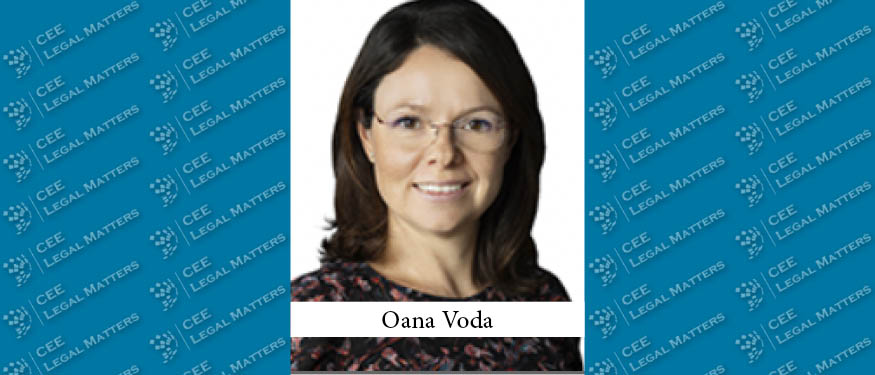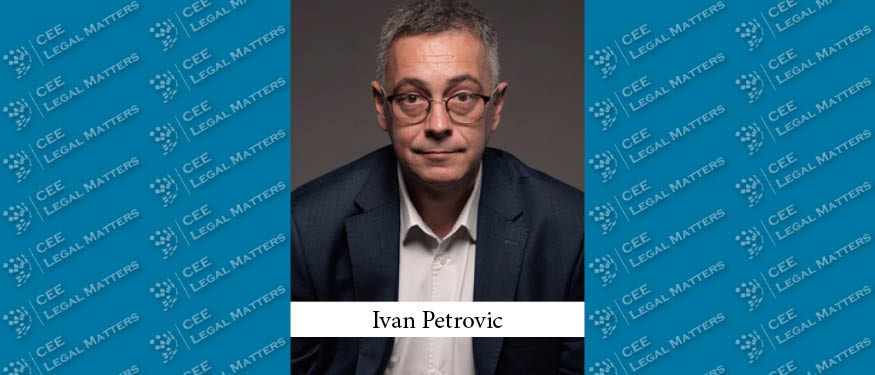For years, the European Union has been taking measures related to the decarbonization of industry, i.e. the reduction and, in the long term, elimination of CO2 emissions. Examples include the EU Emissions Trading System, which has been in place since 2005, or the regulations on industrial emissions of 2010.
Transfer Pricing ’Task Force’ in Hungary
As of 2025, the Hungarian Tax Authority (NAV) has established specialized transfer pricing expert departments, indicating an increased focus and scrutiny on transactions between affiliated companies. The three new departments are located in Budapest and in the eastern and western parts of Hungary (one in each region) and have special competence regarding the complex transaction between affiliated parties within Hungary or cross-border alike.
Strengthening Europe’s Defense: Proposals To Incentivize Defense Investments – Recent Developments
In the past year, the European Union has taken major steps to adapt the European defense industrial policy to current challenges.
New NPL Act in Hungary
Hungary has taken major strides towards modernising its framework for non-performing loans (NPLs) with the introduction of Act XII of 2025 on servicers of non-performing credit agreements and purchasers of non-performing credit agreements. The new legislation, which will come into force on 16 May 2025, implements the EU's Directive 2021/2167 into Hungarian law, thereby establishing a comprehensive system for the transfer, management and servicing of NPLs. These reforms are poised to transform the Hungarian NPL market, creating new opportunities and responsibilities for both domestic and international investors.
Applicability of Extension of Time in Construction Contract in Serbian Law
The Extension of Time (EoT) mechanism is widely used in construction contracts to account for delays beyond the contractor’s control. However, under Serbian law, EoT is not a legally enforceable right even if explicitly agreed upon by the contracting parties. Instead, the legal framework provides contractors with protection through liability release provisions rather than proactive EoT claims. While legal theory suggests that standalone EoT claims could be admissible under specific conditions, Serbian procedural law and court practice currently do not support such claims. This paper explores the interplay between contractual provisions, Serbian statutory law, and procedural rules affecting EoT claims.
Ukraine: New Law on Business Trips of Home-Based and Remote Employees
On 2 May 2025, the Law of Ukraine "On Amendments to the Labor Code of Ukraine on Improving Legal Regulation of Certain Issues of Home-Based and Remote Work" dated 27 March 2025 No.4339-IX ("Law") entered into force.
Abuse of Data Protection Rights
Following up on the CJEU's judgment of 9 January 2025, C-416/23, Österreichische Datenschutzbehörde (Demandes excessives), the Austrian Supreme Administrative Court addressed excessive and manifestly unfounded data subject requests to data protection supervisory authorities in six cases (VwGH 29 January 2025, Ra 2023/04/0002; Ra 2022/04/0049; Ro 2023/04/0018; Ro 2022/04/0016; Ro 2022/04/0022; Ra 2020/04/0084). The Austrian Federal Administrative Court added another decision on such requests (BVwG 11 March 2025, W137 2305838-1).
CPK: Tenders for Around PLN 30 Billion This Year
This year, CPK will launch tenders totalling around PLN 30 billion. These will include the construction of roads or construction work for the Warsaw-Lodz railway line. Currently, tenders worth around PLN 4 billion are being conducted for the construction of a long-distance tunnel in Łódź and the creation of a baggage system.
From This Summer, Companies Will Have To Comply With a Number of New Accessibility Requirements
In line with relevant European legislation, from 28 June 2025, new accessibility provisions will apply in Hungary to certain products and services, affecting a wide range of companies.
Czech Republic: The Flexinovela and Its Impact on Employment Documentation
The latest amendment to the Labour Code, the so-called Flexinovela, which will be effective from 1 June 2025, introduces a number of changes that need to be reflected in employment documentation. We focus on the following key areas where we recommend making adjustments:
Why Seek Trademark Protection for Movie Titles or Characters if Copyright Already Applies?
In the entertainment industry, protecting creative assets isn’t just about legal rights—it’s about building a brand. While copyright automatically protects movies and characters as original works, it doesn’t always go far enough. That’s where trademarks step in.
Rights of Foreigners in Case of Employment Termination
When it comes to foreigners residing or planning to reside in the Republic of Serbia, the most common practical issue involves the procedure for issuing a single permit for residence and work in the Republic of Serbia (“Single permit”).
Carbon Footprint Under Scrutiny: Can Banks Track the Environmental Impact of Their Clients' Payments
Given the growing emphasis on sustainability and responsible business practices, obligations in the field of ESG are becoming increasingly significant. The banking sector is emerging as one of the key players in this transformation, with evolving regulatory frameworks influencing its operations.
Short-Term Accommodation Rental Services – Is the EU Approaching the Rental Housing Shortage the Right Way?
Starting from 20 May 2026, short-term accommodation rental services in the EU will be subject to Regulation (EU) 2024/1028 of the European Parliament and of the Council of 11 April 2024 on data collection and sharing relating to short-term accommodation rental services, which also amends Regulation (EU) 2018/1724.
DAC7-Like Reporting Rules – What Will Be Expected from Online Platform Operators?
With the rise of digital platforms and the possibilities that the internet provides for businesses, more and more sellers are able to offer goods and services via these platforms and the internet. In this context, it has been difficult for the Ukrainian tax authorities to trace the flow of goods and services as well as to identify sellers to ensure that these goods and services are duly taxed.
Introduction of a Unified Electronic Employment Record in Bulgaria
Following an amendment in the Bulgarian Labour Code in late 2023 which will enter into force on 1 June 2025, Bulgaria is moving towards the introduction of a unified electronic employment record. This change will affect all Bulgarian employers and their employees and bring an end to the issuance and maintenance of paper-based labour books.
New Law on the Central Register of Beneficial Owners
With the adoption of the Law on the Central Register of Beneficial Owners (“Official Gazette of the RS”, No. 19/2025), which entered into force on 14 March 2025, the legal framework governing this area has undergone significant changes. The application of most provisions is postponed until 15 September 2026, while certain provisions are applicable earlier.
Intellectual Property – A Permitted Monopoly in the Pharmaceutical Industry
As a driving force behind human progress, Intellectual Property represents property arising from the creative, inventive, or innovative activity of a human being. Such activities are protected by permitted monopolies made possible through Intellectual Property Rights. A particular challenge lies in finding a balance between protecting innovation through Intellectual Property Rights and the public interest—especially in industries where this balance plays a significant role, such as the pharmaceutical industry.

































